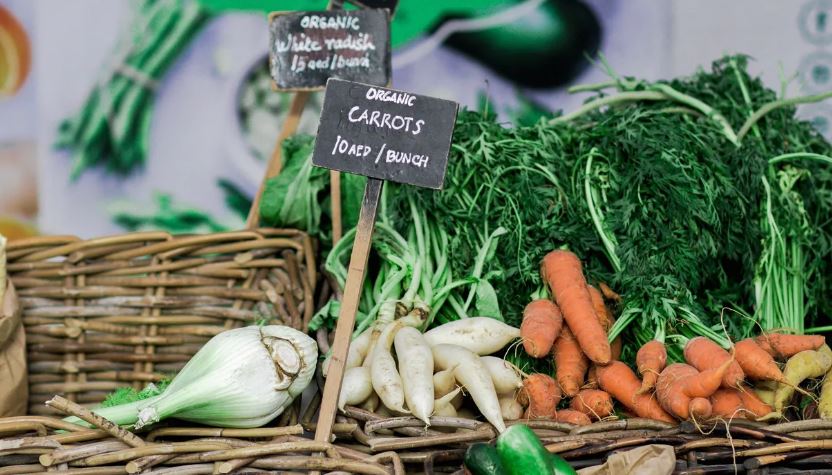Farming Without Pesticides: How Can We Make Agriculture Greener?

Hanging on a gate is a sign reading: "Potatoes — healthy and delicious." The slogan, to which the word "rare" could justifiably be added, is in line with Cornel Lindemann-Berk's philosophy of quality over quantity. "We don't have enough rain in the summer," he tells DW. "And since we don't want to water them, we've turned this weakness into a strength."The yields are 50 percent lower than they might otherwise have been, but even the rare varieties such as Bergerac or Bamberg aren't watery. Customers from across the region come to the farm shop to buy these spuds known for their rich flavor and high mineral content. Those who came last summer also got to witness the strips of brightly colored flowers around the edge of the Lindemann-Berk's fields. His mixes of brilliant red poppies, cornflowers and wild daisies attracted an abundance of insect life. "The number of [plant] species has increased, and the number of each insect species has gone up fourfold," says the agronomist. Scientists began recording the growth of the flowers after carrying out targeted planting for insects and birds. Here, the animals can find food and nectar, as well as a safe place to reproduce.
This Is Conventional Organic Farming
This family-run business in Germany's Rhineland region is one of 10 farms across the country taking part in a project to test and implement practical and economically viable conservation measures alongside traditional agriculture.
Read More
.

